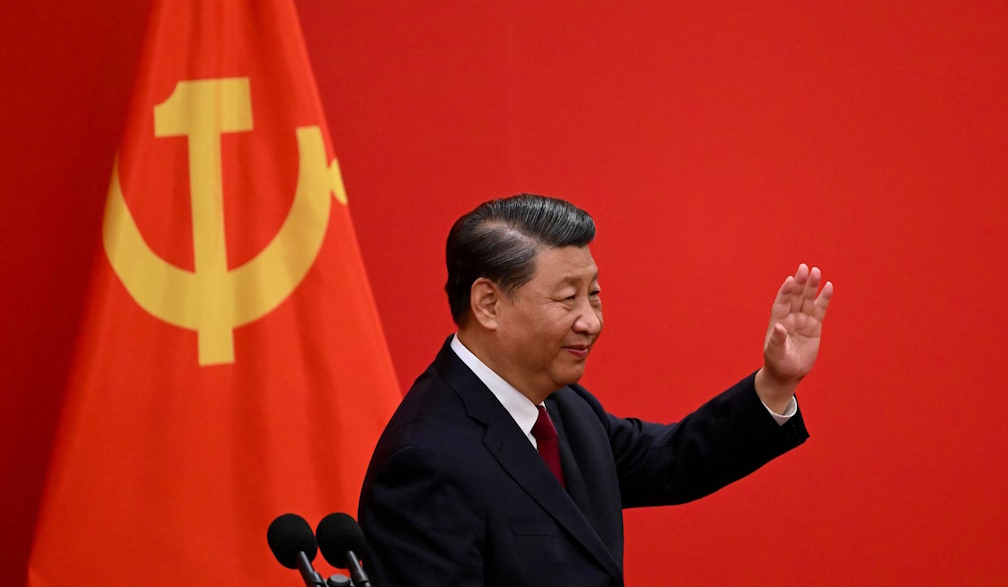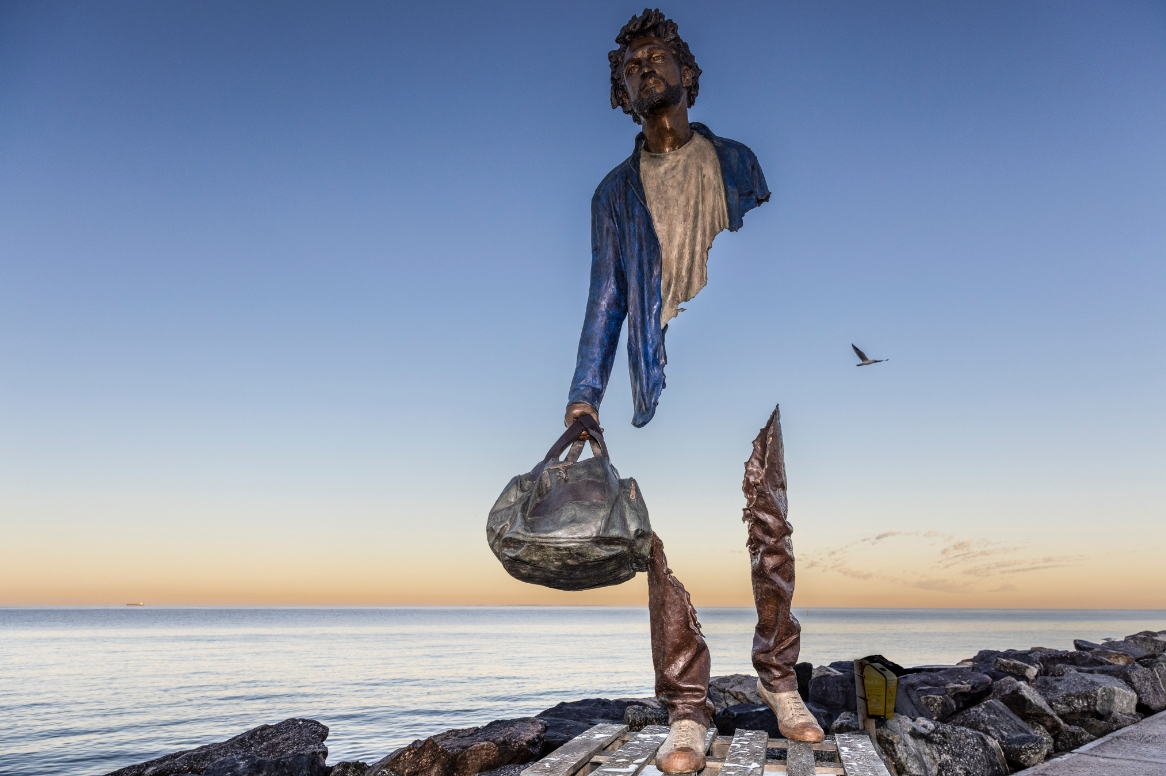Intrigue in Palau: Chinese Backed Media Group Raises Concerns over Influence
- Written by The Chronicle

Moses Uludong, a prominent figure in Palau, has long been advocating for closer relations with China, a stance that has raised eyebrows in the strategically located Pacific island nation. As the founder of Palau's first newspaper, Tia Belau, over five decades ago, Uludong has been influential in shaping the island's media landscape. However, recent revelations have shed light on his involvement with a media group backed by investors with ties to China's police and military.
Palau, with a population of 18,000, gained independence in 1994 but remains a close ally of the United States, and one of only 13 nations globally that recognize Taiwan diplomatically. Amid rising tensions between China and the West, Uludong expressed concerns about the potential devastation Palau could face in the event of a conflict between the two powers.
In 2018, Uludong entered into a deal to set up the Palau Media Group, aiming to raise Palau's profile in China by becoming a "hub of information." However, he soon discovered that the initiative was backed by individuals linked to China's police and military forces.
The largest shareholder in the venture was Overseas Chinese Big Data Group (OCBD), a Chinese company known to collaborate with universities and research institutes affiliated with China's military and public security organs. The involvement of OCBD raised concerns over espionage and the possibility of Chinese influence in Palau.
While the Palau Media Group had a launch event in Hong Kong, it failed to gain traction and struggled to fully take off. Nevertheless, emails obtained by reporters indicate that the company's founder, Tian "Hunter" Hang, used Uludong's existing newspaper on at least one occasion to publish pro-Chinese content.
Uludong stated that the interactions with Zhi Gong Party, a minor political party tightly controlled by the Chinese Communist Party (CCP), were not with the CCP itself but with Zhi Gong Party, which he described as "capitalist." However, experts argue that Zhi Gong Party acts as a facade for the CCP, using China's diaspora to push Beijing's interests overseas.
While the media initiative's direct editorial influence may have been short-lived, its impact on influencing prominent Palauans raises concerns about elite capture and the broader implications of China's efforts to exert influence in the Pacific region.
As China's influence in the Pacific continues to grow, Palau, along with other nations, faces complex geopolitical dynamics, raising questions about the potential consequences for the region's stability and international relations.







